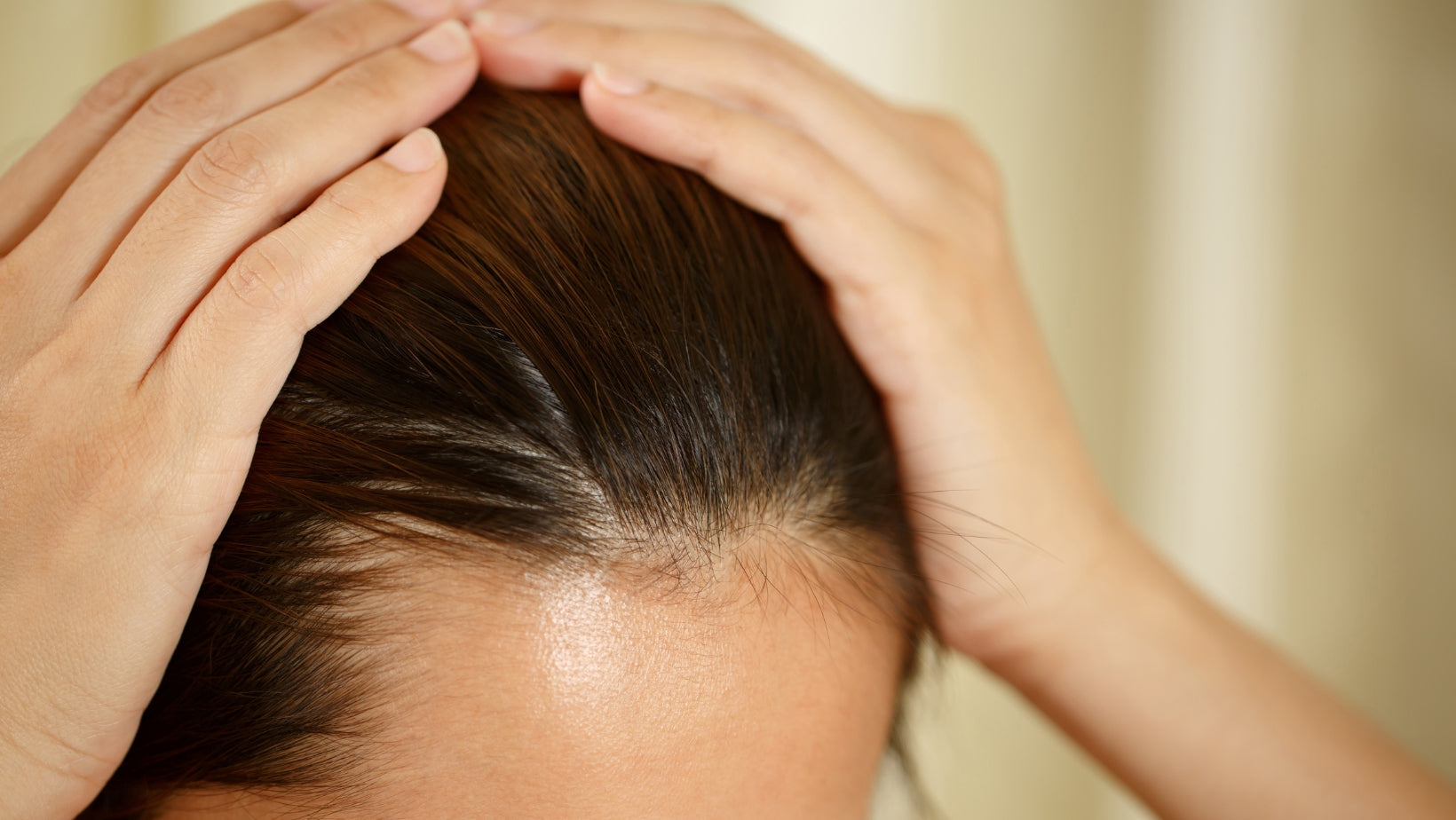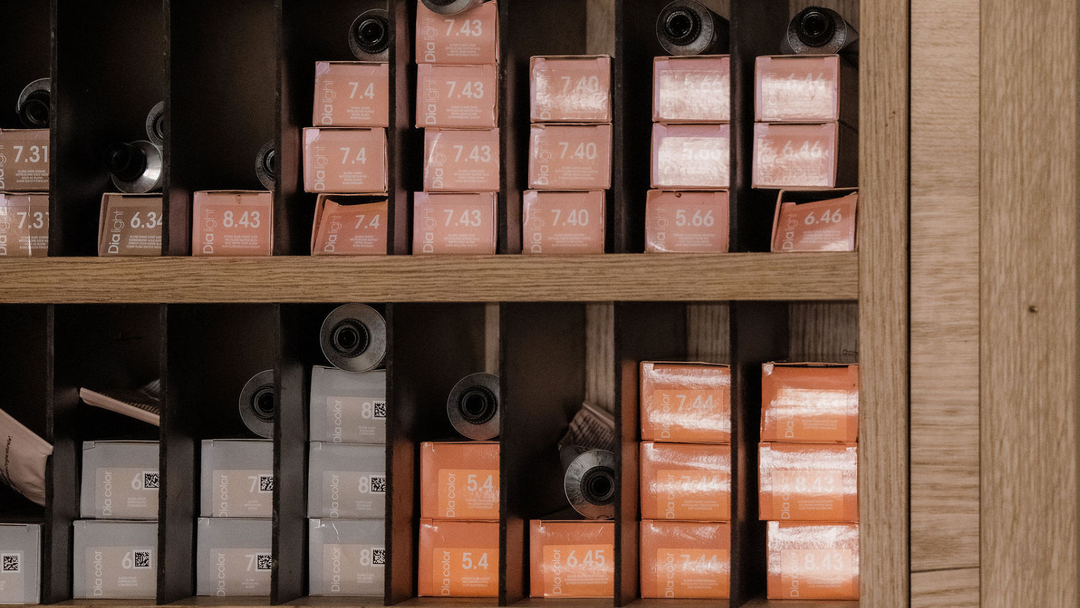The scalp is often overlooked in our hair care routines, but it plays a crucial role in the health of our hair. At the heart of this health is sebum, an oily substance produced by the sebaceous glands. In this article, we’ll explore the importance of sebum for your scalp and how it contributes to the vitality of your hair.
What is Sebum?
Sebum is a natural "oil" produced by the scalp. It is composed of lipids, triglycerides, waxes and other beneficial substances. Its main function is to protect and moisturize the scalp, while forming a barrier against external aggressions, such as pollution, chemicals and climatic variations.
The Benefits of Sebum
1. Natural Hydration
Sebum plays a vital role in moisturizing the scalp. By maintaining adequate moisture levels, it prevents dryness and itching, contributing to a healthy scalp.
2. Protection Against External Aggressions
Sebum forms a protective barrier that prevents impurities and microorganisms from penetrating the skin. This reduces the risk of infections and irritations, thus preserving the health of your scalp.
3. Regulation of Hair Production
Balanced sebum production promotes optimal hair growth. A well-hydrated and healthy scalp allows hair follicles to function properly, which can improve the quality and texture of your hair.
4. Skin Microbiome Balance
Sebum helps maintain the balance of the scalp microbiome, promoting the presence of good bacteria and limiting the proliferation of pathogenic bacteria. A healthy microbiome is crucial for preventing problems like dandruff and irritation.
How do we know if our scalp produces too much sebum?
1. Shampoos spaced far apart
If you shampoo your hair every day or every other day, it is because your scalp is prone to getting greasy more quickly and your sebaceous glands (glands that produce sebum) are sensitized.
2. Oily dandruff
If you notice oily dandruff, it is because your scalp is also producing too much sebum. How can you tell them apart from dry dandruff? Oily dandruff will be stuck to your hair fiber at the root, unlike dry dandruff which will fall off in large quantities and you will be able to find it on your clothes. Dry dandruff, on the other hand, means that your scalp is not sufficiently hydrated.
The Risks of Imbalance
Too much or too little sebum can lead to a variety of hair problems. An overly oily scalp can lead to oily dandruff, while a scalp that is too dry can cause itching, irritation, and dry dandruff. So, it’s important to find a balance to maintain the health of your scalp.
How to Promote Good Sebum Production
1. Adopt a Balanced Skincare Routine
Use gentle shampoos and avoid products containing sulfates or parabens that can remove natural sebum. Choose moisturizing shampoos to hydrate your scalp or shampoos dedicated to problems related to excess sebum production. There are also treatments to rebalance your scalp.
We recommend:
- Alter Ego balancing shampoo : A gentle and balancing shampoo.
- The balancing treatment from Alter Ego : A treatment to be applied only to the scalp in order to detoxify it and treat your sebum problems.
3. Avoid Stress
Stress can disrupt sebum production. Incorporate relaxing activities like yoga or meditation into your daily routine to help regulate your hormones and maintain a healthy scalp.
4. Stay Hydrated
Drinking enough water is essential for the overall hydration of your body, including your scalp. Make sure to drink at least 1.5 liters of water per day.
Conclusion
Sebum is a valuable ally for the health of your scalp and the beauty of your hair. By taking care of your scalp and promoting balanced sebum production, you can improve the health of your hair and prevent many hair problems. Don't forget to adopt a suitable care routine, a balanced diet and take care of your general well-being for optimal results.
By taking care of your scalp, you are investing in the long-term beauty and health of your hair.











